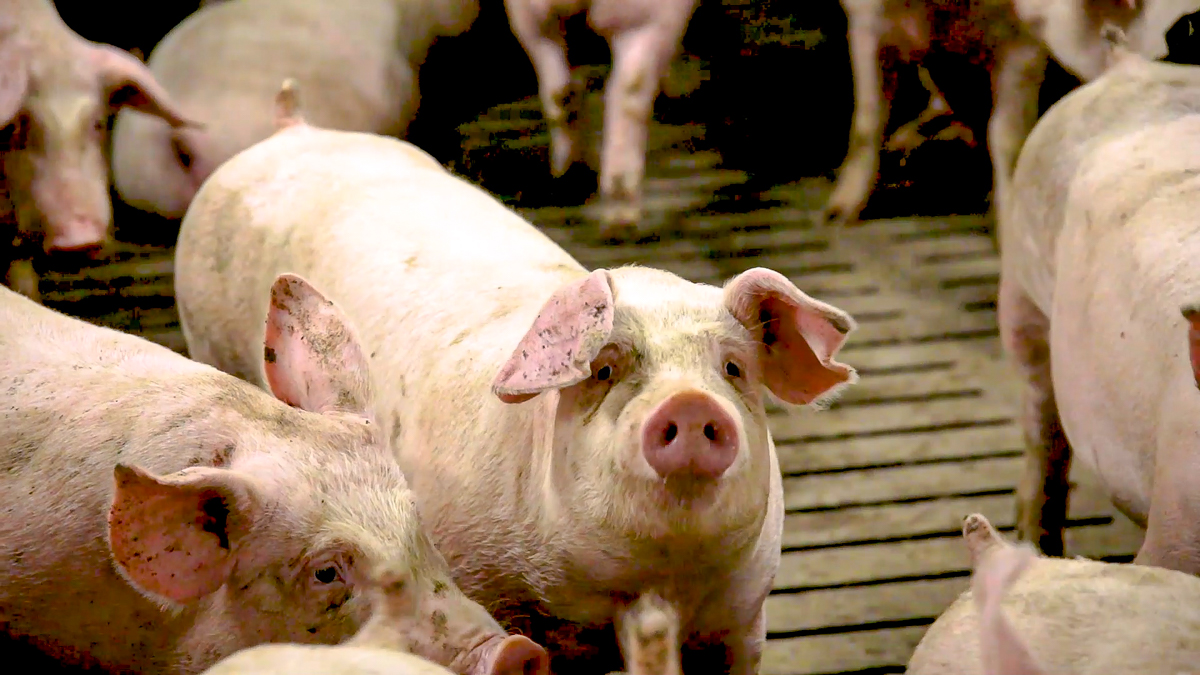EU member states have given the final green light for new legislation on the Industrial Emissions Directive (IED) to reduce emissions from industrial installations, including large pig and poultry farms.
The revised IED was adopted by 23 votes (including Ireland) to one and three abstentions during a meeting of the Economic and Financial Affairs Council. Italy voted against the revision, while Austria, Romania and Bulgaria abstained.
The final vote by the Council of the EU on Friday (April 12), follows the adoption of the revised IED in the European Parliament last month, based on a deal which the two negotiators reached in November 2023.
The IED is the main EU instrument regulating pollution from industrial installations, including the largest pig and poultry farms. Installations already regulated by the IED also include power plants, refineries and waste treatment.
Pig and poultry farms
In 2022, the European Commission proposed to include cattle farms above a certain livestock unit (LU) threshold. However, the deal reached in November, while extending to more pig and poultry farms, excludes livestock farms.
Pig farms with more than 350 LUs will now be required to operate in line with a permit. Possible exemptions to this include where pigs are raised under organic production or outside for a “significant amount of time” in a year.

The IED also applies to farms with laying hens representing 300 LUs or more, or rearing other poultry categories, including broilers, representing 280 LUs or more. The threshold for farms rearing both pigs and poultry will be 380 LUs.
The legislative text agreed by member states and MEPs requires the commission to assess, by December 31, 2026, whether there is a need to further address the emissions from rearing livestock, including from cattle.
Industrial Emissions Directive
Permits are necessary for installations as these need to prove their compliance with the current rules on reducing industrial emissions, including appropriate measures and emission limit values, the council said.
The new IED will make the issuance of permitting “more efficient and less burdensome”, for instance by introducing an obligation for member states to establish an electronic permit system by 2035.
For serious infringements, operators may face penalties up to at least 3% of their annual EU turnover. Individuals whose health has been affected will have the right to claim compensation from those who infringe the IED.
The IED will now be signed and published in the Official Journal of the EU and enter into force 20 days later. EU member states will then have up to 22 months to incorporate the provisions of the directive into their national legislation.
The revised IED also establishes a new industrial emissions portal (IEP) which will enhance public access to information related to industrial emissions and facilitate the public to identify pollution sources.
After its publication in the Official Journal of the EU, the regulation on the new industrial emissions portal will become binding and directly applicable in all member states from 2028.
